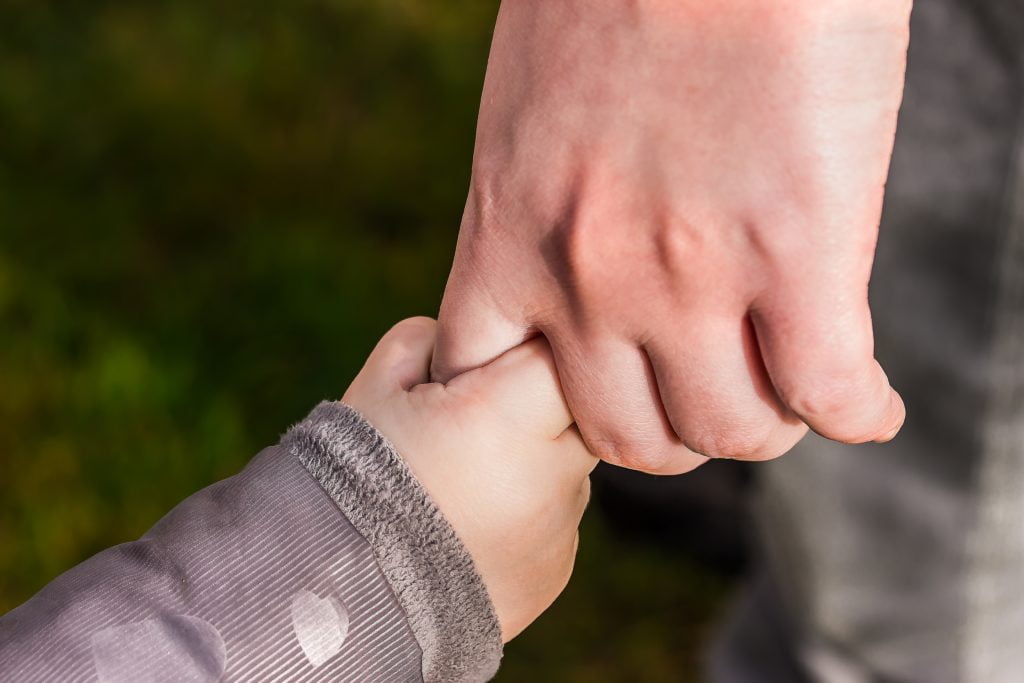When I was a child, my maternal grandparents set up a Post Office savings account for me. Each month they would pay money into that account, building it up for when I needed to buy “something big” as they would put it.
My grandfather died when I was eight, my grandmother, when I was eighteen. She was fiercely independent and she encouraged me to be the same. That meant that it was easy to decide what to put my money towards – a car.
I had driving lessons for my seventeenth birthday present, still possibly the best birthday gift ever and whilst learning to drive I bought a Peugeot 205, which meant I had a car to practice in as well.

I couldn’t have done that without the money my grandparents had saved and the support from my parents. These days I can’t imagine not being able to drive, I’m so grateful to them because driving and having a car at that age gave me so many more opportunities and experiences.
Saving for your children or your grandchildren’s future is not easy these days, but it is as important as ever. Here’s a bit more about how ISA’s can be of benefit, also have a read about the trading 212 app whilst you are at it, for other ways to generate savings for the future.

What is a children’s ISA?
A children’s ISA, often termed a Junior ISA, is a means of letting you save and invest on behalf of a child under the age of 18. There is no tax on the earnings in the ISA, so potentially the money can grow even faster.
In order to qualify for a Junior ISA, the child must be under the age of 18 and live in the UK.
A parent or legal guardian must open the account on the child’s behalf. Whilst the money in the account belongs to the child, they cannot access it until they are 18.

Benefits of Junior ISAs
The main benefit I think of the Junior ISAs is that they belong to the child, but cannot be accessed until they are 18. There can’t be any temptation to get the money out early and use it for something, as you aren’t permitted to do that.
Another benefit of them is that most have a facility whereby relatives can pay into the account. So, for example, for birthdays or Christmas gifts, you could ask relatives to pay into the account, topping up the savings for your child.
Another benefit is that once your child reaches 18 they have a significant amount of money they can use to spend on something ‘big’. Whether, like me they want to buy a car, or perhaps take a GAP year and fund some travel, or fund additional training – they will have a reasonable amount of money to do that, without getting into debt before they’ve even got going with adult life.

There are two types of Junior ISA. There is the cash Junior ISA, which is just like a savings account, except the interest is tax-free. Then there is the stocks and shares Junior ISAs, which invest in the stock market. There is no additional income or capital gains tax to pay on any growth in a stocks and shares ISA.
ISAs do not suit everyone, but, if you think your children could benefit from you setting one of these up, I urge you to read more and look around at what is available.

